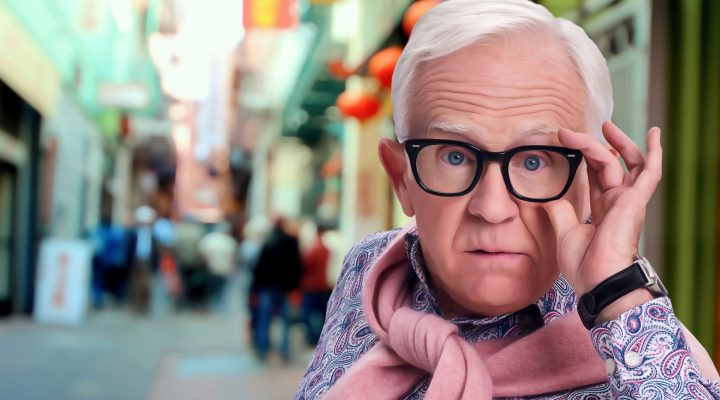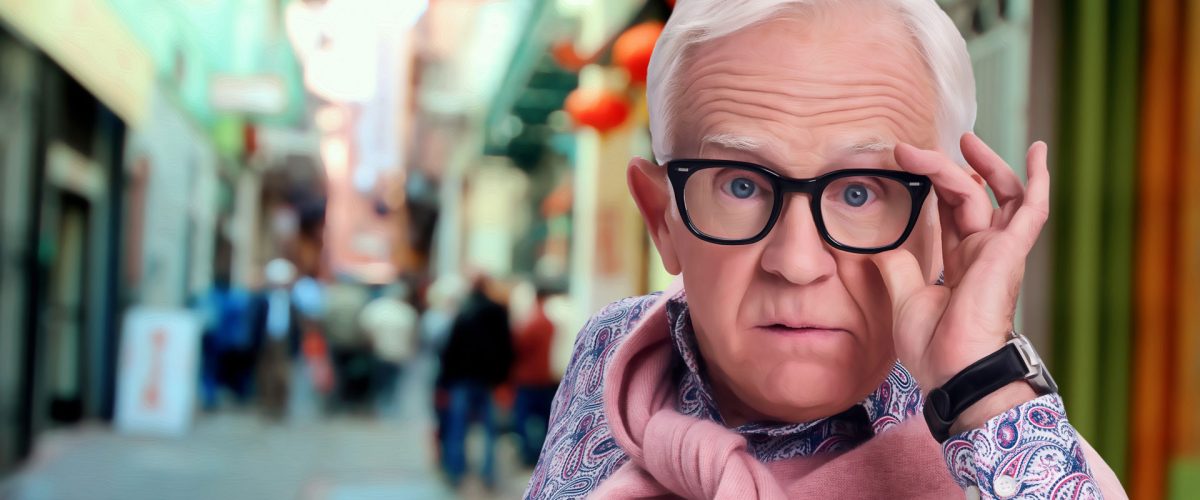When I saw the tweet that read “Comedian Leslie Jordan dead at 67,” I gasped.
Then immediately, I felt a tear forming in my eyes — and I never cry. I began scrolling until I found an article that confirmed the horrible news: Jordan had indeed passed away after a tragic car accident in Hollywood. I closed my laptop and went over to his Instagram to review his familiar, hilarious short videos that he became famous for during the pandemic, and I began to ugly cry in the middle of a Manhattan coffee shop.
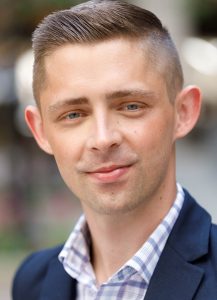
Brandan Robertson
I just couldn’t believe Leslie Jordan was gone.
I’ve reflected over the past 24 hours on why I feel this loss so strongly. I never met Jordan, and although I am ashamed to say it, I never watched any of the television shows or movies he starred in. I did, like millions of others, spend an ungodly amount of time watching his Instagram videos during the pandemic, which always began with his iconic line: “Well shit, how y’all doing?”
“In the earliest days of the COVID-19 pandemic, Leslie Jordan was exactly the hero we all needed.”
His content was always hilarious, ridiculous and thoroughly uplifting, and in the collective depression we all experienced in the earliest days of the COVID-19 pandemic, Leslie Jordan was exactly the hero we all needed. In this moment of darkness, negativity and cynicism, Jordan found a way to stay above the fray, not delving deeply into our political divisions, but reminding us that if we paused and stepped back for a moment, true joy could still be found in everyday life.
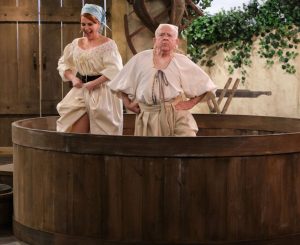
Leslie Jordan in an episode of “Will and Grace” with Megan Mulally.
The other reason I think I feel the loss of Leslie Jordan so deeply is because he was truly a Southern Baptist icon — really. Jordan never was afraid to share memories from his Southern Baptist upbringing as a gay kid in the South and even starred in the hilarious movie Southern Baptist Sissies by Del Shores, which served as a comedic critique of the repressive nature of the Southern Baptist world of LGBTQ people in its midst.
Even though he didn’t appear to be actively involved in a Southern Baptist church anymore, he very publicly maintained a sense of affinity with the culture and traditions of his Christian upbringing, regularly posting videos of him soulfully singing familiar hymns with country music stars. At least for me, he embodied what it looked like to be a joyful LGBTQ person of faith despite the pain and rejection he experienced from those who claimed the name of Christ.
“He stayed above the fray and in doing so, became a bridge between people of deep disagreement.”
In Romans 12:2, the Apostle Paul writes, “Rejoice in hope,” and I could not think of any more apt word to describe the life and legacy of Leslie Jordan. He brought joy and hope to those of us with deep pain and fear. He lived authentically and out loud, embracing who God made him to be without a second thought. He stayed above the fray and in doing so, became a bridge between people of deep disagreement.
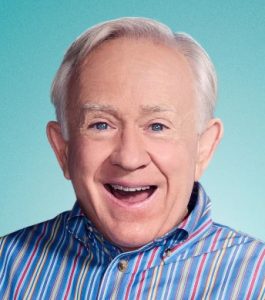
Leslie Jordan
Leslie Jordan truly was the saint we needed in this moment of history, and if we all sought to imitate his life and attitude, our world would be better for it.
So today, now that the tears have stopped for a moment, I breathe a sigh of gratitude for the life and legacy of Leslie Jordan, a true Southern Baptist “sissie” who brought profound light and love to our world.
Brandan Robertson is a New York City-based author, activist and public theologian working at the intersections of spirituality, sexuality and social renewal. He serves as lead pastor of Metanoia Church, a digital progressive faith community, and is host of The Unorthodox Podcast. He is the author of seven books on spirituality, justice and theology. Named by the Human Rights Campaign as one of the top faith leaders leading the fight for LGBTQ equality, Robertson has worked with political leaders and activists around the world to end conversion therapy and promote the human rights of sexual and gender minorities. He earned a bachelor of arts degree in pastoral ministry and theology from Moody Bible Institute, a master of theological studies degree from Iliff School of Theology and a master of arts in political science and public administration from Eastern Illinois University. He is currently pursuing a Ph.D. in religion at Drew University. This column is excerpted from his forthcoming book, Dry Bones and Holy Wars: A Call for Social and Spiritual Renewal.

